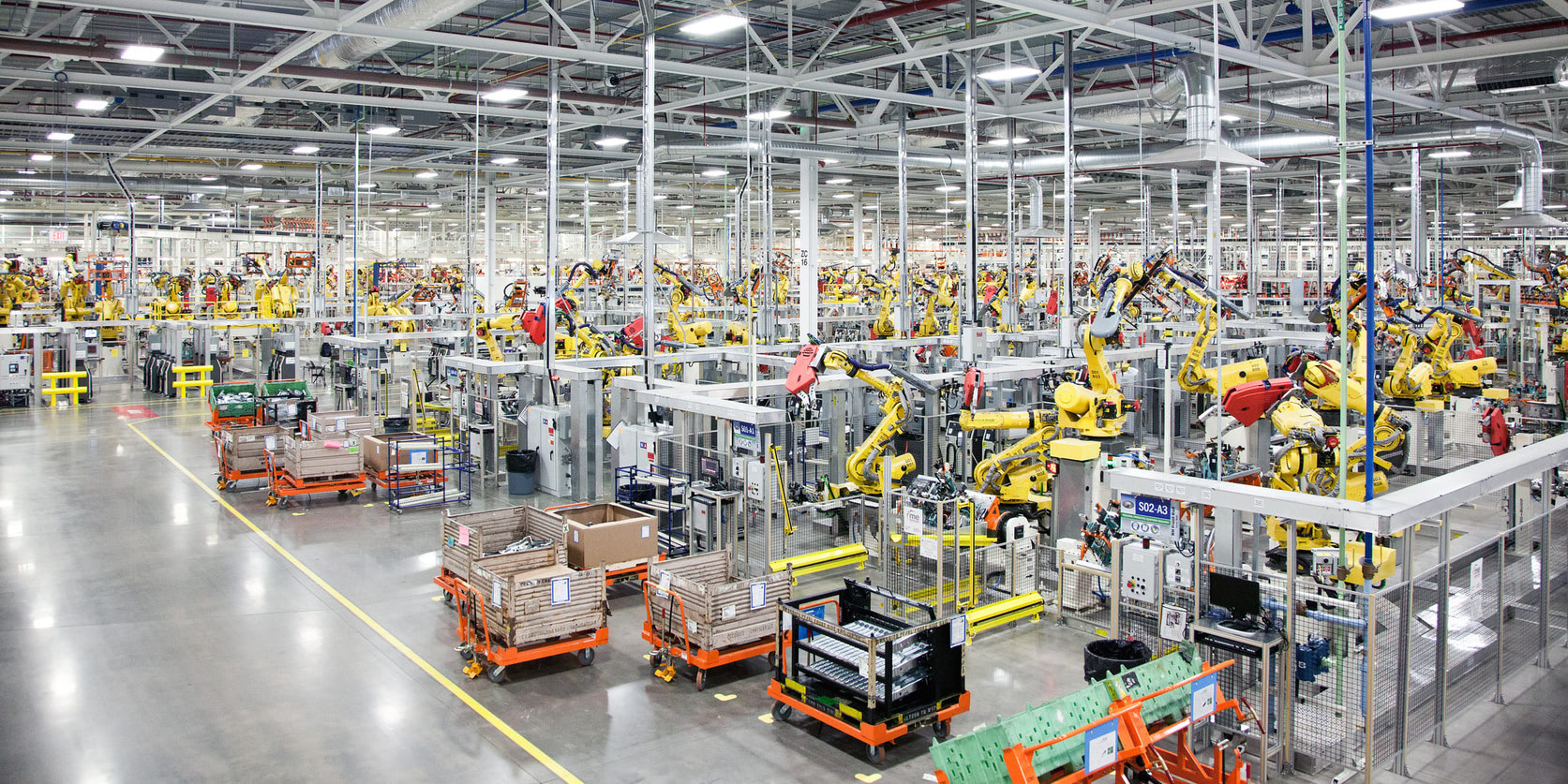In a Q&A with Reddit, Stephen Hawking - a man known for both his achievements in the realms of science as well as for his public persona as "Einstein in a wheelchair" - gave his opinion on what technological unemployment, aka machines taking over our jobs, can represent for future human societies.
Elaborating on the topic of technological unemployment, Hawking stated that "If machines produce everything we need, the outcome will depend on how things are distributed. Everyone can enjoy a life of luxurious leisure if the machine-produced wealth is shared, or most people can end up miserably poor if the machine-owners successfully lobby against wealth redistribution. So far, the trend seems to be toward the second option, with technology driving ever-increasing inequality".
Technological unemployment is one of the major forces changing the face of the global labor market today. People are, quite simply, being replaced with better, cheaper and more efficient and convenient machines to do the same jobs. For years there have been speculations that this would lead to easier lives for all; that people would have more time for leisure, at the expense of technology. This has not happened.
For real solutions, we must look for ways to interact with the autonomous systems of our complex technosphere.
People still put in a great amount of effort in their work - they just shift occupations. Whereas one hundred years ago you could find blue collar workers in factories everywhere composing the bulk of any developed country's workforce, nowadays people are flocking to areas where their position hasn't been replaced by machines. So, away from the primary sectors, and onto the secondary and tertiary sectors; people-jobs are the biggest winners here, which means that most people's jobs are (or will be) related, whether more or less directly, with getting something out of other people.
ROBIN HOOD, THE GARDEN OF EDEN AND THE LOST PARADISE MYTH
Hawking does a neat little trick on this one: it's called over-simplification. When he says that "everyone can enjoy a life of luxurious leisure if the machine-produced wealth is shared(...)", we are not listening to the wise, well pondered advice of one of the greatest scientific geniuses of our age - despite the interesting and probably well considered wording he employed. This sounds like your run-of-the-mill, infinitely recycled exposé which pits morals against capitalism. It's an oversimplification that makes an incredibly complex issue a matter of good versus bad. It brings into play a certain myth or narrative that we could call the Robin Hood myth.
This kind of Robin Hood myth is to economics what old nature is to the autonomous, intricate systems of the contemporary world - a pretty, old story where progress plays the role of the bad guy. What Hawking might have got wrong is how he relates and equates Technological Progress with Unequality. Both these buzzwords are too vague and general - probably intentionally - and reduce the complex, emerging congregation of autonomous systems that constitute our world to a "Good vs Evil" dichotomy.
The correct way to tackle technological unemployment problem is exactly the same way of tackling environment issues.
Ultimately, his wording plays into the same old conflicts that simplify our reality, and that we have heard time and again. This does literally nothing for advancing our knowledge of issues like Technological Unemployment. It's somewhat the same with the notion of nature as a lost Eden that we should go back to. It is just a story; detached from the intricacies of reality to the extent where it just hampers any good thought. Real Nature is not Green, it is not an unspoiled landscape painting like those painted on the 17th century. Our own systems have become natures in their own right. Good vs Bad ideologies just don't offer any hope for real progress, whether in the economic ecosystem or in the biosphere. They just perpetuate useless, energy and time wasting, vapid binary oppositions.
So, the correct way to tackle the problem of technological unemployment and income inequality - a real and pressing issue - could be exactly the same way of tackling issues related to the environment. We should look forward to nature, not backward. We should not oversimplify issues and polarize them politically - this leads nowhere. Only a more intelligent look into the technosphere and into the networks of autonomous systems that surround us - the economy, the internet, democracies, etc - can produce a satisfactory solution to these issues. For real solutions, we must look for ways to interact with these emerging, autonomous systems of our complex technosphere.
Forget myths about archetypal justice figures who protect us; forget archetypal views of nature as an unspoiled, human-free place somewhere out there. We must look forward to nature, not backwards.
Source: Reddit. Image Flickr/Fiat Chrysler Automobiles Corporate

Share your thoughts and join the technology debate!
Be the first to comment